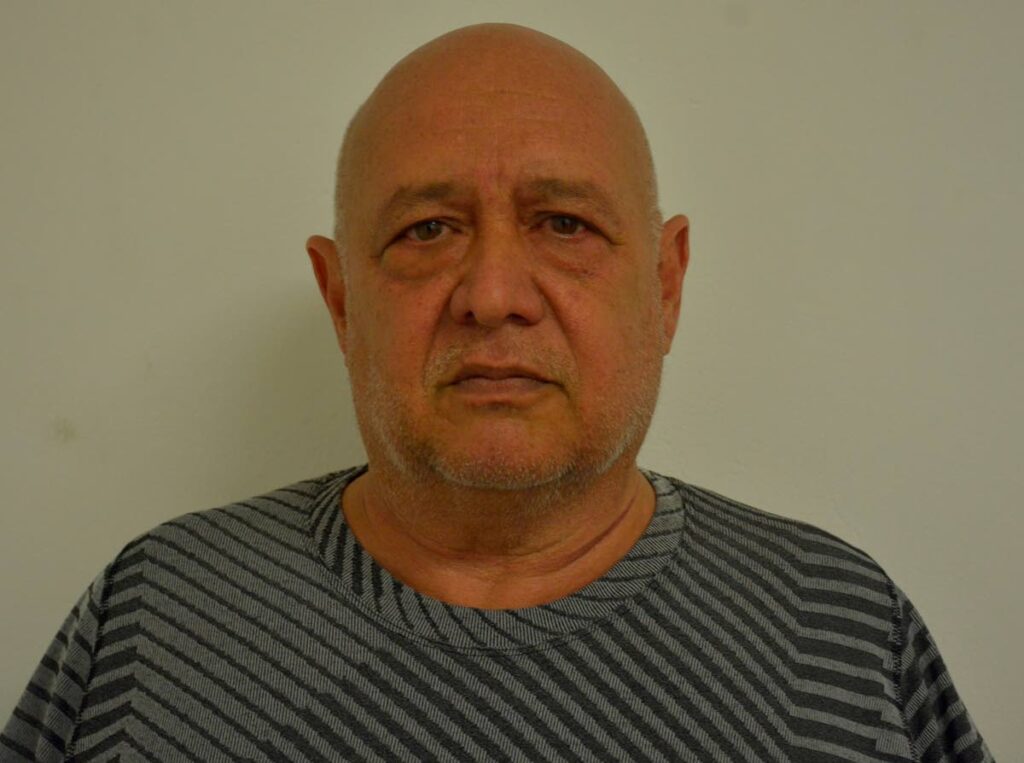Abuse of power

TOO MANY questions are left in the wake of this week’s High Court ruling by Justice Devindra Rampersad in a case involving a firearms dealer.
Unless we are provided with answers of a satisfactory nature, we are left to conclude the raiding of the property tied to Brent Thomas, his confinement by officials in Barbados and his subsequent forced return to this country constitute a collective abuse of power – as found by the judge.
How officials respond to this case will potentially tell us a lot about the standards being implemented by this country’s law enforcement authorities, from the highest to the lowest.
The facts: Mr Thomas was arrested last September. He was released. He was re-arrested in Barbados, by Trinidadian police officers, who appeared to have travelled to that country on an aircraft owned by the Defence Force, with the assistance of Barbadian authorities.
The premises of Mr Thomas’s firearms business was subject to a series of search warrants, all issued in apparent contravention of the fact that firearms stored there had been licensed by two successive top cops. According to Justice Rampersad, all of this amounted to not only abuse, but downright “oppressive harassment.” He called Mr Thomas’s forced repatriation an “abduction” and said the continued employment of the officers involved constituted “a shameful blot on this country.”
“Words cannot express the abhorrence the court feels towards this unlawful act in a supposedly civilised society governed by a constitution in which the freedoms of the citizens are supposed to be protected,” the judge said. “It seems the end justified the means.”
What was that end?
We may never know. The judge had reason to knock the apparent rubber stamping by justices of the peace issuing warrants, in an era of heightened judicial scrutiny over the standards, or lack thereof, applied in the closed-door process by which such documents are obtained.
But if the reasoning for so much of the activity of the State in this case was left secret, the willingness of law enforcement authorities to openly trammel rights was flagrantly declared. That is concerning.
The unusual facts of this case suggest it was a rare one that might have involved national security input or even intelligence, whether credible or not. (No evidence of wrongdoing emerged.)
Yet, we are reminded of what Benjamin Franklin said about freedom: “They who can give up essential liberty to obtain a little temporary safety deserve neither liberty nor safety.”
Without clarification, it is possible to assume this case was merely evidence of a murky culture at work within this country’s law enforcement apparatus, an apparatus that can, as found by the court this week, be subject to shocking instances of overreach.

Comments
"Abuse of power"